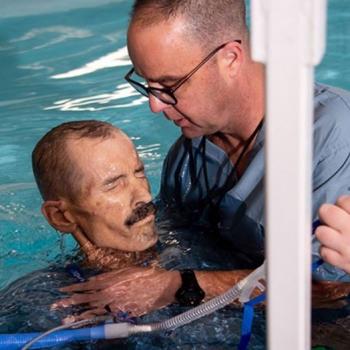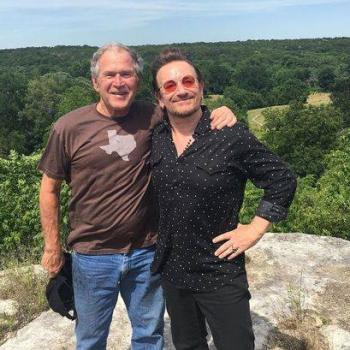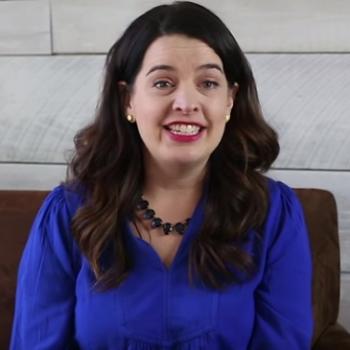
It seems that the ancient art of spiritual direction is going mainstream. (H/T Concord Pastor)
Natalie Weaver, a 25-year-old musician who lives in Roxbury, does not go to church. But every three weeks or so, she visits a white vinyl-sided building on Dorchester Avenue, a former convent, to meet with her spiritual director.
For about an hour, she sits with a gentle, bearded man in a quiet room with gleaming oak floors and talks about the experiences that most awaken her spirit, the people who make her feel most connected and alive.
“It’s another person who is listening, and kind of asking questions and even just pointing things out,’’ she said. “I think it holds you accountable to dig deeper.’’
Spiritual direction is a tradition of religious mentorship with roots in ancient Christianity. For centuries, monasteries and seminaries offered direction to clergy and members of religious orders. But the practice is increasingly going mainstream, as more people, Christian and otherwise, seek help exploring their relationship with the divine.
Membership in Spiritual Directors International, the largest such organization in the nation, has increased from about 400 at its beginning in 1990 to more than 6,000 today, including more than 250 in Massachusetts.
Driving the growth are millennials like Weaver, who are more apt than previous generations to identify as “spiritual but not religious.’’ Ed Cardoza, Weaver’s spiritual director and the founder of Still Harbor, a South Boston nonprofit, mostly sees people in their 20s and 30s.
Some, he says, are evangelical Christians who have a strong relationship with Jesus but realize, after arriving in Boston from the Midwest or South to study, that they differ with their parents’ church over political or sexual issues. Others have little religious background but find themselves undergoing a spiritual awakening and do not know where to turn.
“What you recognize is there’s this growing population of folks who are out of the purview of traditional institutions,’’ Cardoza said.
Ardently faithful people of all ages form the other major group seeking spiritual direction. Often, they are confronting a trauma or transition or want to deepen a particular aspect of their faith or practice. Asking their priest or rabbi for spiritual direction is not always an option. Often clergy limit the number of sessions they have with individuals in order to focus on the broader congregation. Many also lack the training to provide the kind of “sacred listening’’ required in spiritual direction.
In a society that is increasingly comfortable hiring experts as private consultants – personal trainers, personal organizers, life coaches – the decision to seek out a personal spiritual director no longer seems as exotic as it once might have.











